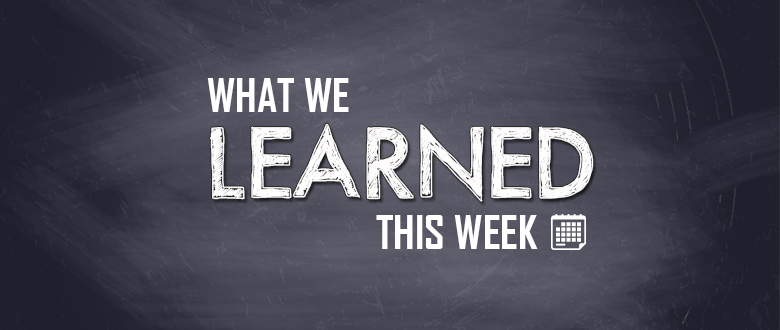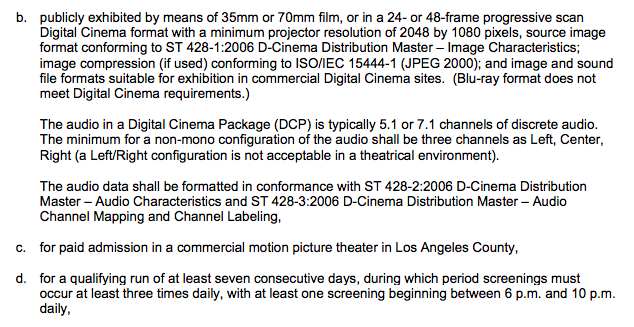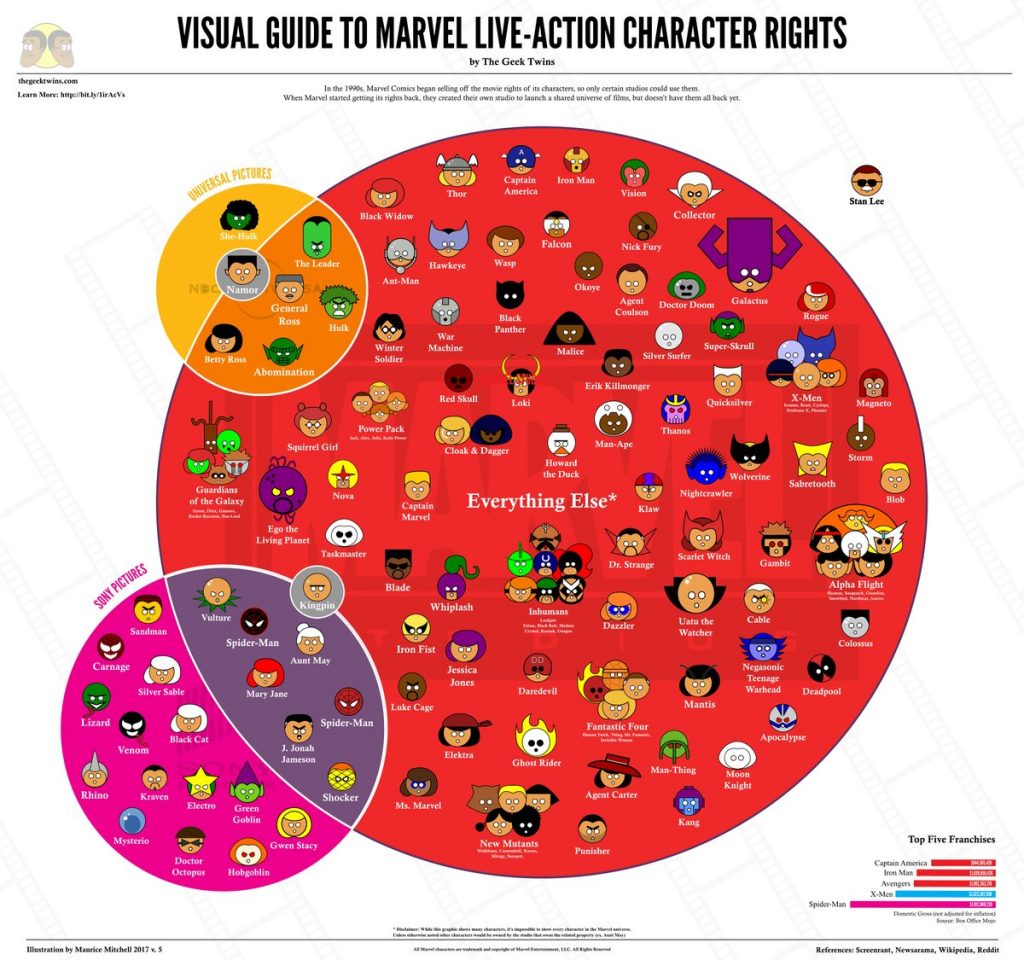LESSON #1: BUILDING A CINEMATIC UNIVERSE IS HARD— With the impending arrival of Avengers: Infinity War marking a peak as the seventh film of the planned ten-film third phase of the Marvel Cinematic Universe, Patrick Shanley of The Hollywood Reporter asked the question “Can Anyone Besides Marvel Make a Cinematic Universe Work?” and it’s a good one. We’ve seen Universal Pictures flop with its “Dark Universe” of movie monsters and Warner Bros. unable to find the same success with their DC Comics titles. Franchises with sequels can be done (Transformers, Star Wars, Fast and Furious, etc.). It’s the intertwining of standalone films and storylines that can exist on their own outside of the combinations that is key. That requires developing more than one narrative and character. Marvel did it right with by having patience with its unified vision. Nothing was rushed. The other attempts have not shown that level of patience.
LESSON #2: BELIEVE IN CINEMATIC GUILTY PLEASURES— The arrival of Pacific Rim: Uprising side-by-side with the nostalgic energy of Ready Player One calls to mind the idea of guilty pleasures. Some movies are never going to win Oscars, but are just flat-out fun and garner repeat viewings for easy entertainment. A fellow Chicago film critic buddy of mine always tries to assert that there are no such things as guilty pleasures. If a film is good for someone to a pleasurable level, it must have some objective merit worth a higher rating without shame or the need to defend it. I see his point, but I disagree. I think it’s perfectly OK, realistically even-keeled if you will, to recognize the differences found between artistic integrity of a film and the fun value. Honestly, we do the very same with the vice versa end of the highbrow other stuff. For example, a film like Schindler’s List or any Terrence Malick film can easily be recognized for its artistic superiority and seriousness, but no one is going to Netlfix-and-Chill to a Holocaust film or an Emmanuel Lubezki slideshow of familial hate and trees. If we’re going to put qualifiers on one end, why not the other?
LESSON #3: DON’T ALWAYS BELIVE FILM SNOBS— From guilty pleasures, we switch the gears to revered classics and faked bragging rights. Film snobs exist in this world (I work amongst them constantly), but, let me tell you, the majority of them are full of sugar-honey-iced-tea. First, they don’t admit to finding fun in those aforementioned guilty pleasures. They were silly kids and teens once too, and I’ll put money on them geeking out to some adventure or playing princesses in a younger life. They didn’t always watch French New Wave films on 35mm. The second point of fakery stems from this Gizmodo article by James O’Malley presenting the top movies film snobs say they’ve seen but never actually have. Those types of film snobs feel the need to rub our commoner noses with notions like “you’re not a true cinephile if you haven’t seen ____” or “you haven’t lived unless you’ve seen ___.” If they are faking that, they deserve to be called out. You have my permission to troll the hell out of these people with every meme of movie commercialism possible.
LESSON #4: AVOID PURVEYORS OF THE WORST CLICHES OF FILM REVIEW— Speaking of film snobs and piggybacking off of last week’s column, film critics are often guilty of hyperbole of their own. Props to Feelin’ Film Facebook discussion group regular Jacob Neff for providing this Letterboxd list piece by Erik Bazjert on the worst frequently-used cliches in film reviews. I adore this list and know too many film critics who fall for these and write with a pull-quote/pun methodology of little substance. Worst of all, more often than not, these cliches are celebrated and even encouraged by every studio’s marketing departments to fill their posters, packaging, and signage with these overused and weak zingers. Even if I never get to scratch off that bucket list item of having one of my reviews cited on a DVD/Blu-ray cover, I, for one, actively try to avoid every single one of these tired and ultimately meaningless expressions.
 DON SHANAHAN is a Chicago-based film critic writing on his website Every Movie Has a Lesson. As an elementary educator by day, Don writes his movie reviews with life lessons in mind, from the serious to the farcical. He is a proud member and one of the founders of the Chicago Independent Film Critics Circle. As a contributor here on Feelin’ Film, he’s going to expand those lessons to current movie news and trends. Find “Every Movie Has a Lesson” on Facebook, Twitter, Medium, and Creators Media.
DON SHANAHAN is a Chicago-based film critic writing on his website Every Movie Has a Lesson. As an elementary educator by day, Don writes his movie reviews with life lessons in mind, from the serious to the farcical. He is a proud member and one of the founders of the Chicago Independent Film Critics Circle. As a contributor here on Feelin’ Film, he’s going to expand those lessons to current movie news and trends. Find “Every Movie Has a Lesson” on Facebook, Twitter, Medium, and Creators Media.




 DON SHANAHAN is a Chicago-based film critic writing on his website
DON SHANAHAN is a Chicago-based film critic writing on his website 

